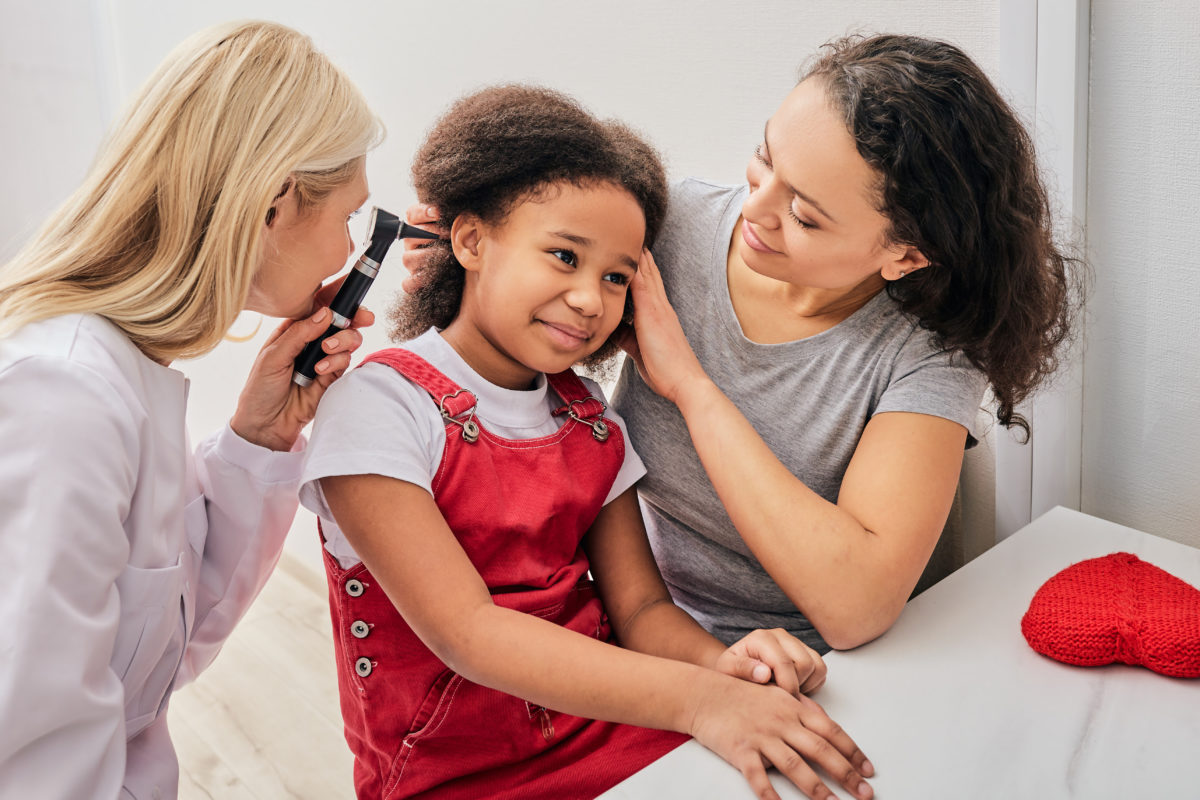Hearing loss in children is notoriously difficult to pick up. For instance, children are often distracted by other things and may not be paying attention to what their parents are saying, especially when a lot of other things are going on. If they do have hearing loss, it may be mild or just in one ear, so they may seem attentive in a quiet room. This may bolster the assumption that they’re distracted.
When children enter a classroom, though, it’s a completely different environment. Depending on where they sit, the teacher may be hard to hear. For children with even mild hearing loss, hearing over a long distance is very difficult. This can affect a child’s grades and even his or her social relationships on the playground at recess.
This combines two potentially negative scenarios because hearing loss can be perceived as a distracted child, and so can difficulties learning and socializing at school. This will not only affect a child’s relationships but also their grades and their self-confidence. Eventually, this can lead to depression or other mental health issues.
So, what can be done?
The easiest way to avoid these negative issues is to schedule a hearing check-up, in much the same way you would schedule a dental exam. This will not only catch any present hearing loss, but it will also provide a benchmark for future hearing exams, to determine if hearing loss is developing or getting worse. And, of course, the best time to schedule a hearing exam is just before school starts.
The American Academy of Pediatrics recommends that children get a hearing exam before elementary school starts, every other year between six and ten, then once in middle school and again in high school. At the exam, your hearing healthcare professional will offer advice and let you know if any kind of hearing loss develops, plus what steps to take if it does.
A few exams, every few years, will help you ensure that your child doesn’t miss out on anything in life. At that young age, every event is precious in and of itself.




